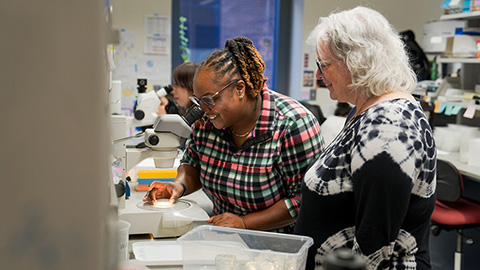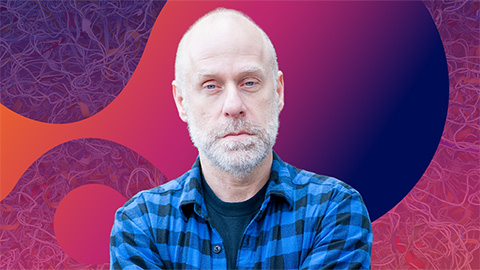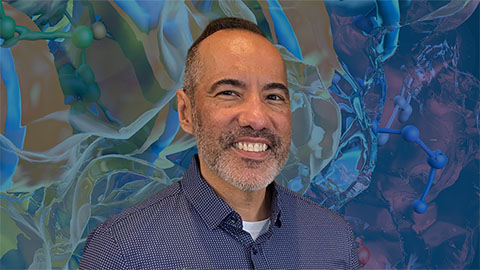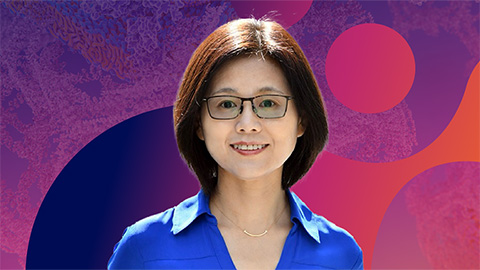In memoriam: Donald David Brown
Donald David Brown, a pioneer in molecular embryology and a member of the American Society for Biochemistry and Molecular Biology for almost 60 years, died in Baltimore County, Maryland, on May 31. He was 91.
Brown was born in Cincinnati, Ohio on Dec. 30, 1931 to Albert Brown, a ophthalmologist and retina surgeon, and Louise Rauh. After graduating from Dartmouth College in three years, Brown earned his master’s and medical degrees at the University of Chicago. He worked as a postdoctoral fellow with biochemist and future Nobel laureate Jacques Monod at the Pasteur Institute in Paris.
On his return to the U.S., Brown joined the Department of Embryology at the Carnegie Institution of Washington in Baltimore. He worked there for the remainder of his career, becoming a department director 1976 and retiring as an emeritus scientist in 2005.

The journal Science dubbed Brown the father of molecular embryology. Curious about embryonic development, he helped moved the field from theoretical work to test-tube elucidation of the molecular changes in embryos. His discoveries, according to Carnegie Science, helped expand knowledge of genes and paved the way for early genetic engineering. He authored more than 220 studies.
Eric D. Isaacs, Carnegie’s president, paid tribute to Brown’s research and his role in training younger researchers, both at Carnegie and at the Life Sciences Research Foundation, which he founded in 1981 to support postdoctoral researchers.
“Don was an exceptional scientist and a thoughtful mentor to generations of biologists,” Isaacs said in a Carnegie Science article. “Don Brown’s work transformed humanity’s understanding of molecular biology, and every day his research informs new discoveries about the nature of life.”
Another Carnegie colleague praised Brown for his emphasis on impactful research. “He told people, ‘Life is too short to try to do all your ideas — do your best ones, the ones that could have the biggest effect in science,’” Allan Spradling told the Baltimore Sun.
One mentee lauded the late researcher’s professional integrity. “I treasured Don Brown's belief that life is too short to make two papers out of one,” said Nina Fedoroff, a National Medal of Science winner who worked with Brown at Carnegie early in her career.
Brown shared the 2012 Lasker–Koshland Special Achievement Award in Medical Science. The Society for Developmental Biology gave him its 2009 Developmental Biology–SDB Lifetime Achievement Award. He received many awards and honors in his long career.
Outside the laboratory, Brown enjoyed fly-fishing and tennis, his wife of 65 years, Linda Weil Brown, told the Baltimore Sun.
Brown is also survived by his children, Deborah Brown and husband David Isaac, Christopher Brown and wife Gina Brown, and Sharon Burris-Brown and husband Dave Burris–Brown; his sister-in-law, Marian Brown; six grandchildren and five great-grandchildren.
Enjoy reading ASBMB Today?
Become a member to receive the print edition four times a year and the digital edition monthly.
Learn moreGet the latest from ASBMB Today
Enter your email address, and we’ll send you a weekly email with recent articles, interviews and more.
Latest in People
People highlights or most popular articles

Building a stronger future for research funding
Hear from Eric Gascho of the Coalition for Health Funding about federal public health investments, the value of collaboration and how scientists can help shape the future of research funding.

Fueling healthier aging, connecting metabolism stress and time
Biochemist Melanie McReynolds investigates how metabolism and stress shape the aging process. Her research on NAD+, a molecule central to cellular energy, reveals how maintaining its balance could promote healthier, longer lives.

Mapping proteins, one side chain at a time
Roland Dunbrack Jr. will receive the ASBMB DeLano Award for Computational Biosciences at the ASBMB Annual Meeting, March 7–10, just outside of Washington, D.C.

2026 voter guide
Learn about the candidates running for Treasurer-elect, Councilor and Nominating Committee.

Meet the editor-in-chief of ASBMB’s new journal, IBMB
Benjamin Garcia will head ASBMB’s new journal, Insights in Biochemistry and Molecular Biology, which will launch in early 2026.

Exploring the link between lipids and longevity
Meng Wang will present her work on metabolism and aging at the ASBMB Annual Meeting, March 7-10, just outside of Washington, D.C.
